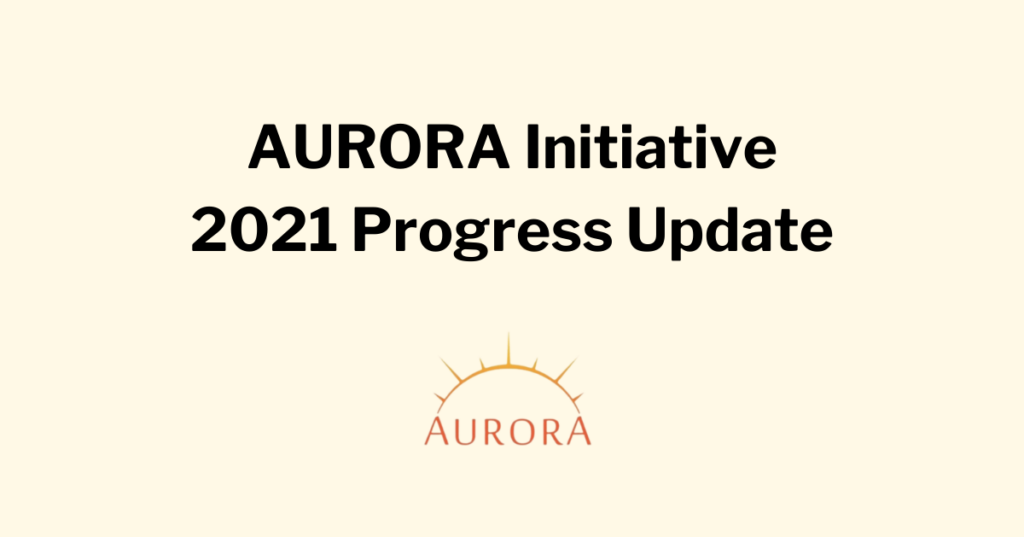AURORA INITIATIVE – 2021 PROGRESS UPDATE

To date, One Mind has given $5.25 million to the AURORA Study, the major national research initiative headquartered at the University of North Carolina that aims to improve the understanding, prevention, and recovery of individuals who have experienced a traumatic event. Since AURORA’s launch in 2016, One Mind’s support of the initiative has been quite influential, accelerating the amazing progress that AURORA has made.
2021 was an extremely busy and successful year for the AURORA initiative filled with a number of momentous achievements. Most notably was the AURORA study follow-up that was completed in the summer of 2021 that provided a significant amount of data from the 3,429 trauma survivors who were recruited for the study during the early aftermath of their trauma.
This data includes:
- More than 150,000 smartphone surveys
- More than 15,000 traditional surveys
- More than 537,000 minutes of watch wear data
- 1,375,000 cumulative days of continuous digital phenotyping data
- 76,241 biological samples
- More than 90,000 neurocognitive assessments
- 670 MRIs
- 705 startle sessions
- 698 psychological sessions
- More than 16,000 audio recordings
One Mind’s support helped enable AURORA to organize, clean, and prepare the abundance of different types of novel data in 2021 that is critical to capacitate discoveries from the data.
The tremendous value of the data AURORA collected is already being shown. In 2021, there were ten publications in leading journals that reported exciting AURORA discoveries, including the discovery of post-traumatic brain biotypes.
Some additional discoveries detailed within the ten publications include:
- The demonstration that a machine learning algorithm using an input of ten questions had excellent accuracy for the prediction of posttraumatic stress three months after trauma. This is exciting news because it suggests that brief risk prediction tools developed by AURORA have the potential to identify individuals at high risk for posttraumatic stress and other adverse posttraumatic neuropsychiatric aftereffects. This predictive tool could one day capacitate the ability to universally screen and intervene to prevent adverse posttraumatic aftereffects in civilian men and women and our servicemen and women.
- That Prior differences in previous trauma exposure primarily drive the observed racial/ethnic differences in posttrauma depression and anxiety following a recent trauma. In investigating the racial/ethnic differences in posttraumatic stress in the early aftermath of trauma, comparing data from Black, Hispanic, and White study participants, the results showed that racial/ethnic groups did not differ in symptoms over time.
- By mining the huge trove of wrist wearable AURORA data collected during the eight weeks after trauma, AURORA researchers demonstrated that circadian characteristics alone can identify individuals with posttraumatic aftereffects. These results suggest that wrist-wearable-based circadian biomarkers may contribute to the identification of individuals with traumatic aftereffects.
2022 should be an even more bountiful year as the AURORA team works to surface troves of new discovery data and publish analyses from it.
The $5.25 million One Mind has given the AURORA initiative has been used to cover some of AURORA’s most key operational activities, including the development of the Study Information Management System, data curation and data management, deep phenotyping site supplies and services, emergency department salary and equipment costs, participant incentives and gift cards, personnel salary support and fringe benefits to support data management and additional study activities, and patient travel.
In recognizing the influence One Mind has provided the AURORA Study, Sam McLean, the Organizing Principal Investigator of AURORA states, “None of the work of AURORA would be possible without the help of One Mind”.
Learn more about AURORA and One Mind’s support of this important initiative here.
